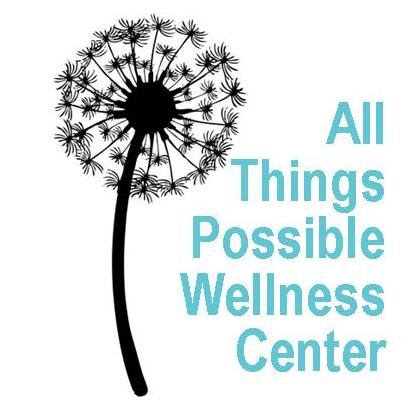Personal Bill of Rights
By Michelle Harris, LMSW, CAADC
How often do you think about what your rights are as an individual person in your life? We all know about the basic Bill of Rights that make the basis of a lot of the laws in America. But what about rights in interpersonal relationships? What are those? For many of us, we didn’t learn that we have rights that help create healthy boundaries in all of our relationships. Many of us grew up in homes that valued adherence to rules without question, respect given to elders (regardless of how we were treated), be seen but not heard, do for others and not yourself, etc. We often learn that we should tend to everybody else’s needs first and this is deemed “selfless” and “mothering” or my favorite, “that’s just what we’re supposed to do.” One of the first things I provide to my clients when discussing these tendencies is what’s called the Personal Bill of Rights. These are 25 items that we have a right to in our lives that often get ignored. When they get ignored, we frequently lose sight of ourselves, our agency in decision making for ourselves and even the things we enjoy or don’t enjoy.
One thing we find when we start to explore these items is that on the surface, most people understand these things to be true. As we start to unpack values and beliefs however, it becomes apparent that people don’t believe these things to be intrinsically true.
I have the right to ask for what I want.
I have the right to say “no” to requests or demands I can’t meet.
I have the right to express all of my feelings, positive or negative.
I have the right to change my mind.
I have the right to make mistakes and not have to be perfect.
I have the right to follow my own values and standards.
I have the right to say no to anything when I feel I am not ready, it is unsafe, or it violates my values.
I have the right to determine my own priorities.
I have the right not to be responsible for others’ behavior, actions, feelings, or problems.
I have the right to expect honesty from others.
I have the right to be angry at someone I love.
I have the right to be uniquely myself.
I have the right to feel scared and say “I’m scared.”
I have the right to say “I don’t know.”
I have the right not to give excuses or reasons for my behavior.
I have the right to make decisions based on my feelings.
I have the right to my own needs for personal space and time.
I have the right to be playful and frivolous.
I have the right to be healthier than those around me.
I have the right to be in a non-abusive environment.
I have the right to make friends and be comfortable around people.
I have the right to change and grow.
I have the right to have my needs and wants respected by others.
I have the right to be treated with dignity and respect.
I have the right to be happy.
There are, of course, going to be caveats to some of these. For instance, having the right to ask for what you want is different from having a right to take what you want. One is an exercise in communicating needs and the other is often a violation of a boundary for another person or place. It is also important to remember that just because you ask, does not mean you will get it. Having a right to feel the vast spectrum of emotions does not give us the right to act out and use them as an excuse to cause harm to other people.
One thing I see a lot of my clients struggle with is the idea that they do not have to be perfect, cannot make mistakes, have their own priorities or make their own decisions. The messages we receive while growing up help us formulate our sense of these things and often create relationship dynamics where there is enabling, codependency and poor boundaries. This often leads to feeling like they are responsible for other’s feelings and actions and that they must protect people from the consequences of those things. Growth happens when we step back from this dynamic and learn to recognize that we do not have control over everything in our lives, including the people in it. Many people spend so much time trying to manage every detail of their own lives, as well as their family’s, that they feel burned out and ready to snap at everybody (if they haven’t already). Learning to let go of this control allows them to focus on their own needs and priorities, figure out who they are and find ways to achieve their own goals.
I always ask my clients to read this list outloud when I give it to them. There’s usually a couple that they identify struggling with believing to be true. This helps us narrow down where some of our work needs to be done and helps open up the conversation about boundaries in relationships. My usual recommendation for my clients is to take a copy of this list and put it somewhere in their home that will allow them to see it on a regular basis. When they notice it, I encourage them to read a couple of them and think about how they are reinforcing them in their day-to-day lives.
If you struggle with any of these items, do not hesitate to bring them up in your own therapy. If you do not have a therapist, reach out to us and we can get you set up to begin your journey towards change and healing!
